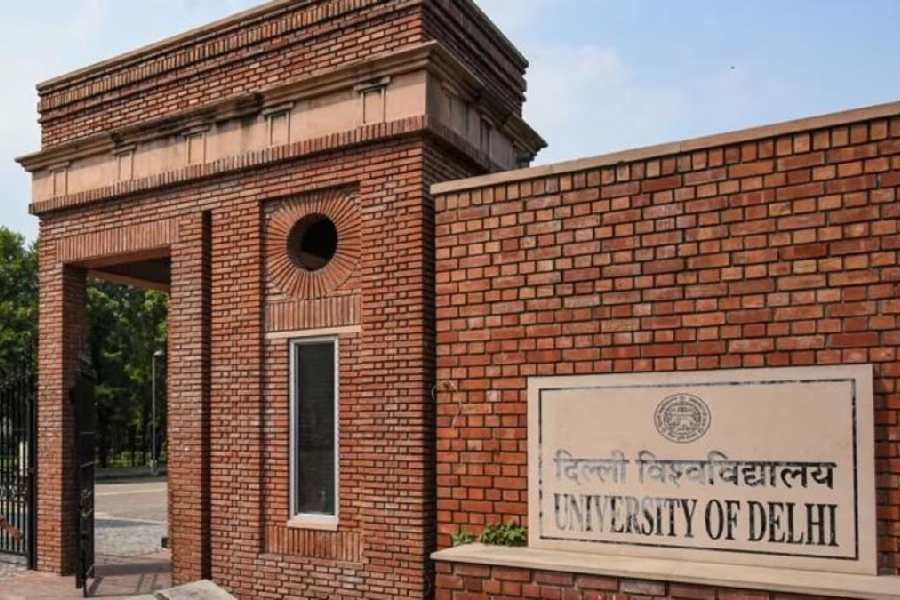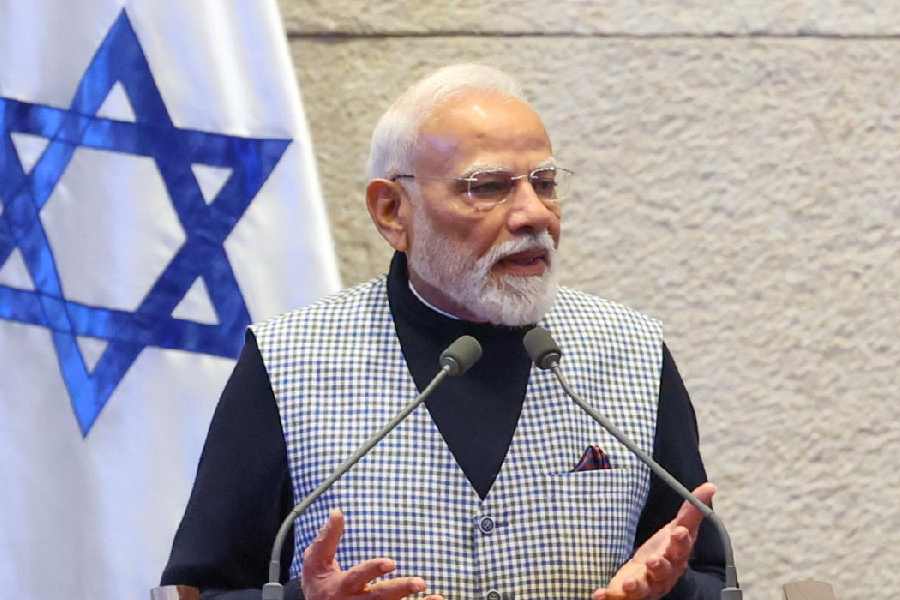Delhi High Court has directed Delhi University (DU) to regularise two ad hoc faculty members, who were not shortlisted for interview after a change in the criteria, in a judgment that is expected to have far-reaching implications for hundreds of contractual and temporary faculty members in the university.
At present, nearly 400 ad hoc faculty members are working in DU colleges.
A division bench comprising Justices Ajay Digpaul and C. Hari Shankar cited two separate judgments of the Supreme Court to rule in favour of the regularisation of jobs of Namita Khare and Mehak Talwar, who served as ad hoc assistant professors in the department of Germanic and Romance Studies since 2017.
In 2017, the petitioners were appointed on an ad hoc basis after due advertisement and selection through a proper procedure. In September 2020, DU advertised the post of assistant professor. Both the petitioners were eligible to apply since the requirement of a PhD was relaxed by the University Grants Commission (UGC) and also by DU. They submitted applications.
However, in November 2021, DU issued a notification on revised screening guidelines that imposed a minimum score of 65 marks for being considered for shortlisting. The candidates with a PhD got 30 marks to gain an advantage and were shortlisted, while these two candidates were not. The petitioners pleaded that they were not shortlisted for the interview despite fulfilling the minimum academic criteria prescribed by the UGC.
The university argued that the shortlisting norms were in conformity with the UGC norms and were formulated after the approval by the executive council of the university.
The court cited the judgment of the apex court in the case of Jaggo vs Union of India & Ors of December 2024. The Supreme Court judgment recognised that sustained service in sanctioned or necessary posts "attracts constitutional protection against arbitrary termination".
The Democratic Teachers' Front in DU demanded that the university implement the judgment immediately and regularise the services of ad hoc teachers.











